English faculty recognized as Buckeye Access All-Stars

The English department in thrilled to announce that faculty members Amrita Dhar, Leslie Lockett, John Jones, Amy Shuman and Karen Winstead have been recognized as Buckeye Access All-Stars. Students nominate professors that they believe possess a commitment to accessibility and accommodate their needs to make learning possible for everyone. Student nominators can identify specific areas in which their instructor’s commitment to accessibility shines, including ease of communication, creating an inclusive environment, efficiently meeting accommodation needs and many more.
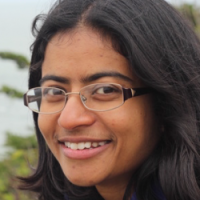
Assistant Professor Amrita Dhar is a scholar of disability studies who designs her courses with accessibility in mind. She believes “designing this way is so much less work, ultimately, than retro-fitting access into courses.” Her insight comes mainly from her dialogue with students, along with conversations with peers, mentors and colleagues. She looks at accessibility through an intersectional lens to include “matters along belongings of race, gender and sexuality as well. And for immigration and (un)documented status.”
When asked why accessibility is important to her, she responded “Access allows us—every single one of us—to do our best and strongest and most meaningful work. How could it not be important?”
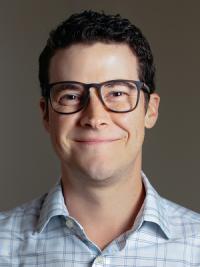
Associate Professor John Jones remains flexible to accommodate the needs of his students as every individual class has students with different requirements. He requires his students to make their projects accessible as well. According to him this is important “not simply because this is ethical but because it will increasingly be a requirement for documents and other media in the workplace.” He has eliminated late penalties for assignments in his class after hearing about the positive effects it has had from a fellow academic on Twitter. He credits his colleagues Dr. Margaret Price, Liz Miller and Remi Hudgins for paving the way for him with their work on accessibility.
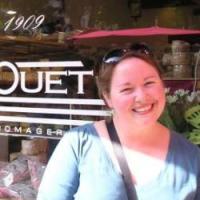
Associate Professor Leslie Lockett received this nomination for her work with graduate students. According to her, “students don't start a PhD program unless they really love the subject matter and really love the research, So the vast majority of them are highly motivated to succeed. I feel a strong sense of responsibility to these students to remove or minimize, as well as I'm able, whatever barriers stand between them and their individual definitions of success.” She looks to her colleagues for guidance but believes that “the most important resource is each individual student.”
Her approach is tailored to her role as an advisor, focusing on the difference between undergraduates and PhD candidates. “Some students get tied up in knots about these tasks, not because the tasks are inherently too difficult for them, but because we put so much emphasis on these milestones. My job is to figure out what a student needs while navigating past these milestones.”
“I have always appreciated Prof. Lockett's ability to challenge me as a thinker while remaining conscious of the evolving circumstances of my life,” her nominator says. “I want to formally thank her for all the guidance and encouragement (not to mention the laughs) over this past year.”
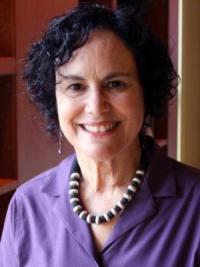
Professor Amy Shuman has “found that accessibility is a key for student success.” She emphasizes that accessibility “requires a lot more than flexibility. I give students different opportunities in different formats for doing their best work. My goal is to explain these options clearly so that the students can assess their own learning practices.” According to her, the needs of every student are diverse, and accommodations such as transcripts, verbal descriptions of visual materials, and extra time during tests also help students that aren’t registered with SLDS.
Her guiding philosophy, “I don't assume that I know what challenges students face and what will help them to do their best work,” helps her center the needs of her students through open communication.
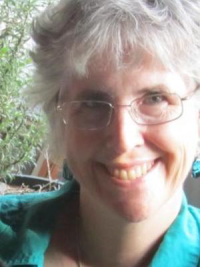
Professor Karen Winstead believes her “role as an educator is to facilitate learning; realizing that students learn differently, [she] tries to present material and craft assignments in ways that accommodate those differences.” She has realized that deep analysis “may be achieved not only through an essay, but alternatively thorough a story, a poem, a video or a picture.” Her classes include a Zoom option and are always recorded for convenience of access.
She finds accessibility invaluable as it “encourages students to take more intellectual chances, to be more engaged with and excited about the material, and to learn more deeply.”
Congratulations to the English department’s Buckeye Access All-Stars for being recognized for their commitment to accessibility!
The list below compiles all the resources used by our All-Stars to help them in their journey of accessibility:
Accessibility: Beyond the Basics
College of Arts and Sciences Office of Distance Education
Office of Distance Education and eLearning
